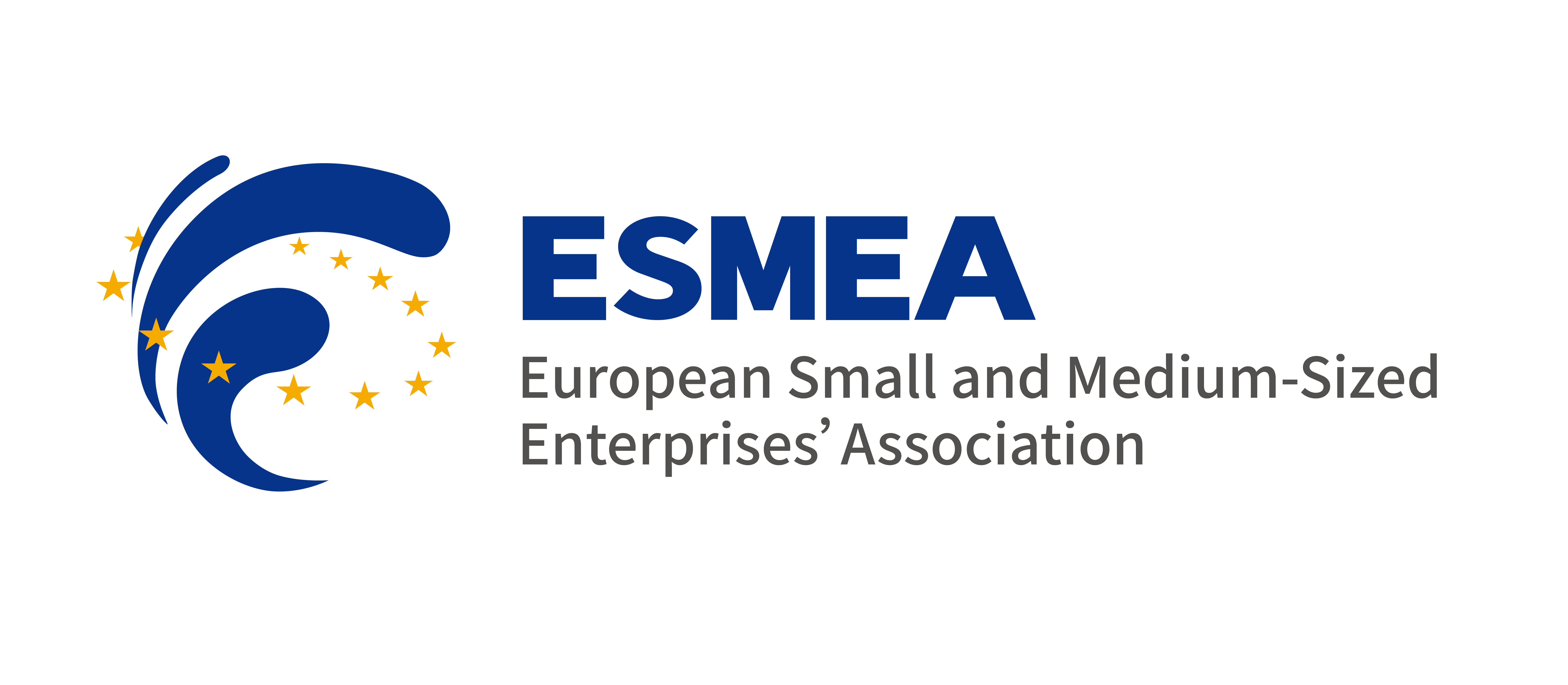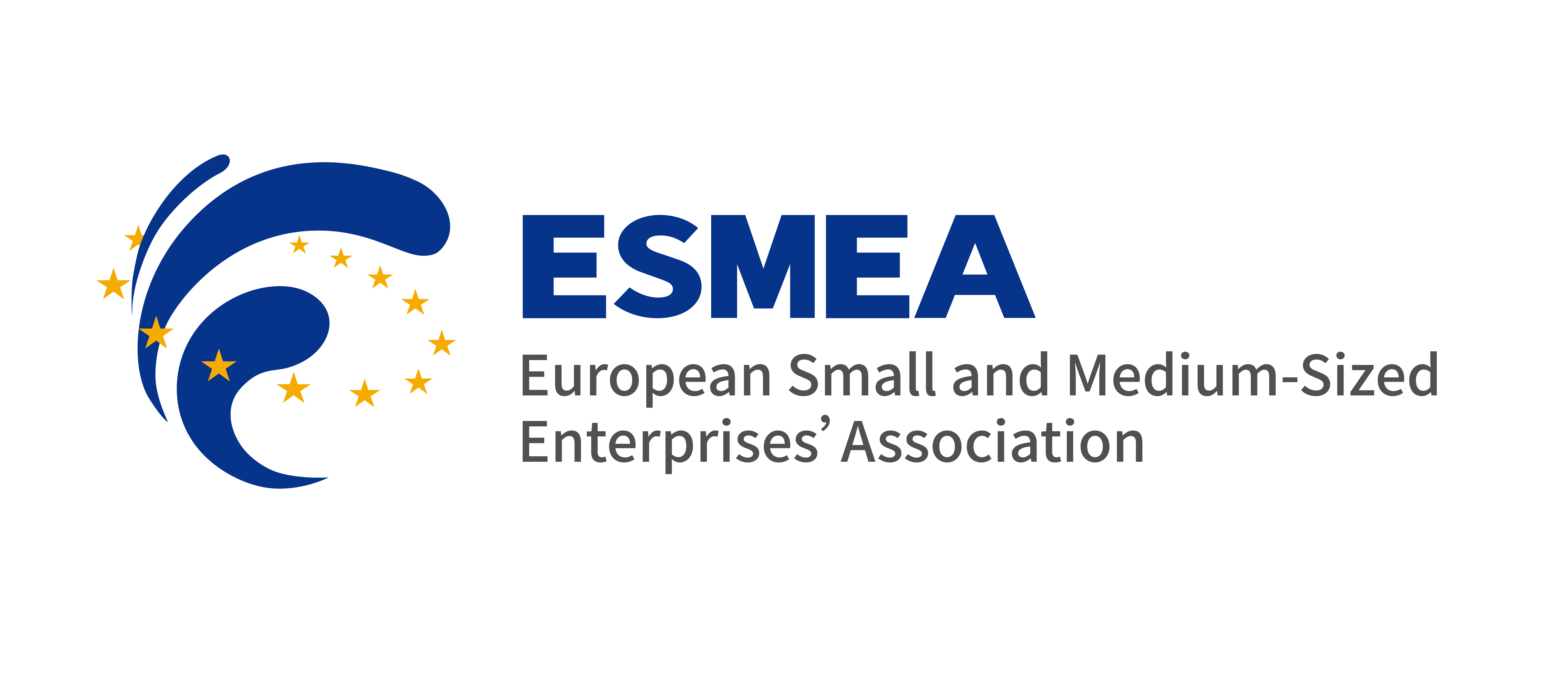About Us

ESMEA is a cross-industry and politically independent enterprise alliance organization. It is in first place a business platform of European SMEs. ESMEA fully assists member companies in striving for commercial interests in national policies, timely provides local services to companies in various countries, and actively arranges liaisons to assist companies in smoothly carrying out various businesses in countries around the globe. The members of ESMEA are independent entrepreneurs or supporters of enterprise development – including governmental bodies, European administrative departments, universities, research institutes, and some state-owned enterprises or national / multinational companies.

According to Article 173 of the ‘Treaty on the Functioning of the European Union’ (TFEU), EU industrial policy aims to make European industry more competitive, so that industry remains a driver of sustainable growth and employment in Europe. Micro and small and medium-sized companies (SMEs) in the EU play a particularly important role here.
SMEs make up around 99.8% of all companies in the EU. Around two thirds of all employees in the private sector work in SMEs, which contribute more than 57% to commercial added value in the EU. In 2015, almost 90.7 million employees in almost 23 million SMEs generated an added value of EUR 3.9 trillion. These companies are an important source of entrepreneurship, innovation, jobs and, thus, contribute significantly to the competitiveness of European companies.

This clause has become the legal basis for EU enterprise policies. SMEs have a pivotal position in the EU economy. SMEs account for 51% of the total import trade within the EU and 45% of the total export trade within the EU.
In Germany, around 17.1 million people are employed with SMEs; followed by Italy (approx. 11.4 million), France (approx. 9.6 million) and Spain (approx. 8 million).
The goal of the EU's corporate policy is to enhance corporate vitality, improve industrial competitiveness, and promote employment and economic development. Its core is to support SMEs. Article 157 of the ‘European Community Treaty’ stipulates: ‘The EU and its member states should encourage innovation and development of EU enterprises, especially the innovation and development of small and medium-sized enterprises.’
